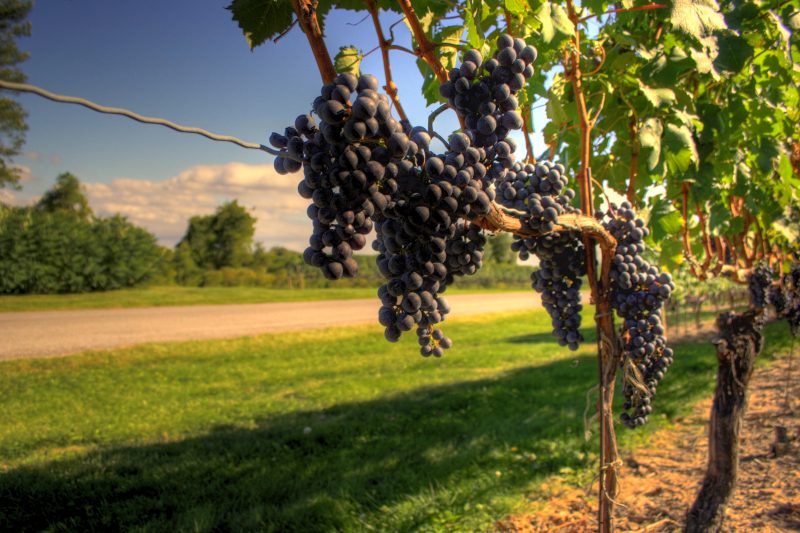The demand for organic wines has so exploded in recent times that the supply cannot keep up to it. But, what is this sudden and strong fad for organic wines? Is organic wine really different from classic wines?
Why is there an explosion of demand for Organic wine?
The trend now is organic. Today, a large number of winemakers are converting their estates into biological domains in order to respect and value their precious terroir but this does not end here as for years, more and more vine growers have observed health issues due to the chemicals and fertilizers adopted to maintain their vines, but also deteriorating their soils. Hence, in order to protect their land, their heritage, their own health and that of their consumers, more and more winegrowers have taken the plunge and gone into green farmers’ yard.
What are the conditions for a wine to obtain the famous green label?
Organic farming is subject to strict specifications that obviously prohibit the use of chemicals such as pesticides or insecticides, but also the use of synthetic fertilizers or phytosanitary products. The AB (Organic Agriculture) label is a guarantee to consumers that the wine they select is at least 95% composed of organic ingredients and has no artificial colors or flavors. Organic wine exists under different labels: Label Eurofeuille, AB, Biodynamie (Biodynamic), Ecocert, Demeter, Terra Vitis, Vignerons en développement durable (Winemakers
in sustainable development) and vegan.
Elaborating an organic wine takes ample time and rigorous efforts from the winemakers, but what is its purpose?The winemaker must first and foremost strengthen the defenses of the vine, maintain the fertility of the soil and minimize the treatments of his vine as much as possible. This reconversion requires a real work of goldsmith. Indeed, obtaining the organic label requires a lot of time: 3 years with the winemaker
complying with the stringent regulations imposed on him and must also comply with the frequent controlling of his agriculture. In addition, an organic vineyard requires on average 30% of traditional labor which is more than a conventional vineyard.
Are wines produced by organic winemakers any different from other wines?
Organic wines express a more flavorful and digestible maturity. They offer more character in the mouth and this important presence in the mouth does not content itself only to offer a very sweet wine but offers well and truly an agreement of a perfectly marriage of flavors. Organic wines have a particular volume, easily recognizable by all palates: going from amateurs to professionals, their volume is not based on alcohol but on the diversity and quality of flavors. These differences are due to the quality of the grapes, which is higher because the biological vine has a slower and more regular vegetative cycle.
What are the different characteristics of organic red wines?
The best organic red wines have a supplement of acidity that gives them a particular and recognizable balance. Indeed, a biological vine has a better acidity than a plant saturated with chemical fertilizers. Organic red wines have a floral expression that appears in the middle of the mouth, even before one can feel the fruit notes. This is what Château Latour, one of the most famous Bordeaux wines, first Grand Cru Classé in 1855 has recently decided to go organic.
What about the alcohol level of organic wines? Imagine that organic wines have a lower alcohol content than average, however its acidity being somewhat more important allws to obtain a balance more ideal than the classic red wine.
So, are you going green?

Book your visit now on Wine Tour Booking !


